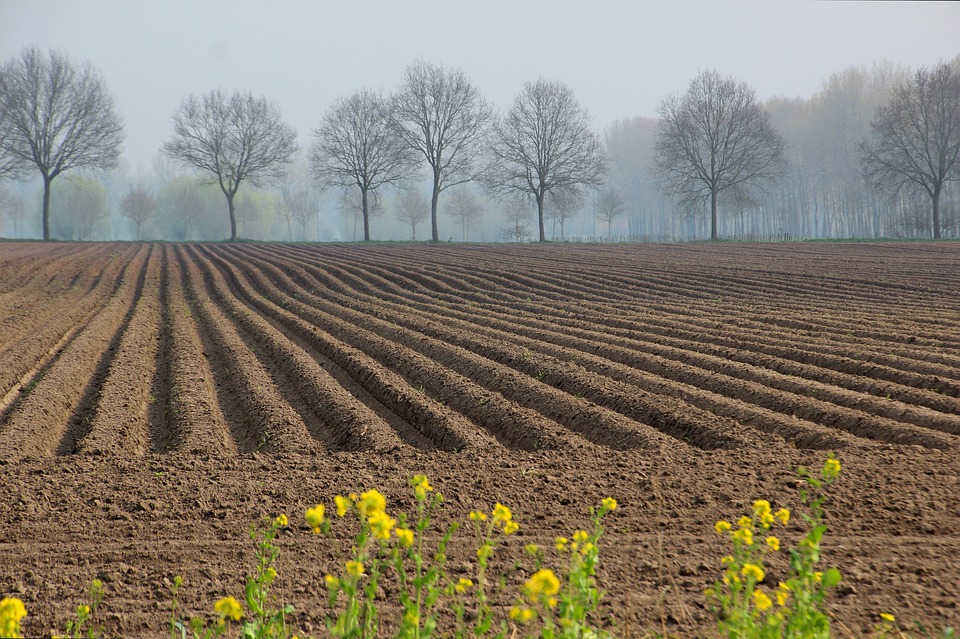DOUBLE PORTION: A Study of Hannah

We often hear of the proverbial “blessing in disguise.” Many times, in fact, I would say every time we are faced with loss and hardship, there will be a blessing attached to it. It’s in our barrenness, our dry times, our wildernesses that we learn things we could not have learned otherwise. But when we come out on the other side, what we learned turns out to be precious stones in our lives. Our study of Hannah begins In 1 Samuel 1. I will be using the New King James Bible and the Blue Letter Bible and Strong’s as references.
1 Samuel 1: 1-2: “Now there was a certain man of Ramathaim Zophim, of the mountains of Ephraim, and his name was Elkanah the son of Jeroham, the son of Elihu, the son of Tohu, the son of Zuph, an Ephraimite. And he had two wives; the name of one was Hannah, and the name of the other Peninnah. Peninnah had children, but Hannah had no children.
Right from the start we get a clue for studying the story of Hannah when we look at the Hebrew word Ramathaim Zophim. The Blue Letter Bible Outline for Biblical Usage gives the definition as “double height of the watchers.” This is where Hannah’s husband is from. It’s in the mountains of Ephraim which means “double ash-heap: I shall be doubly fruitful.” The idea of “double” is definitely emerging.
Elkanah means “God has possessed” or “God has created.” Notice the the theme of double continues in that he has two wives. One of his wives was Hannah or Channah which means “grace.” It is from the root word chanan which means “to be gracious, show favour, pity.” The other wife was named Peninnah which means “jewel.” It is from the root panen which means “a precious stone.”
We are told that Peninnah had children, but Hannah had none...
.jpg)



Thank you for this study. I needed to read this today. God bless. X
ReplyDelete